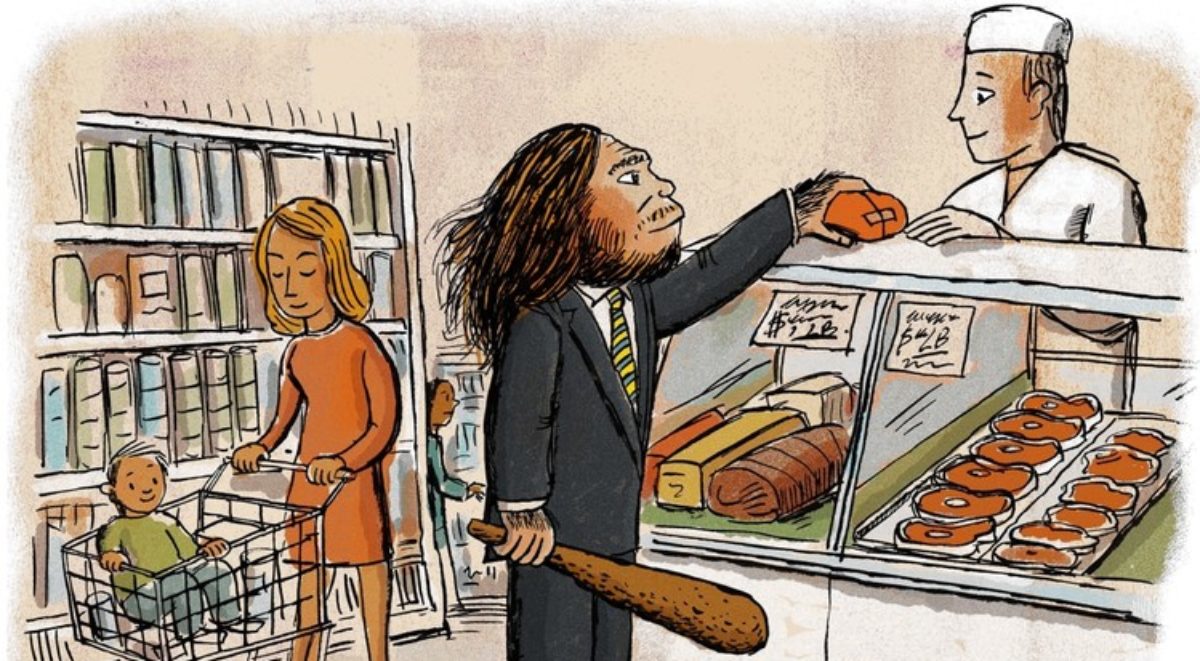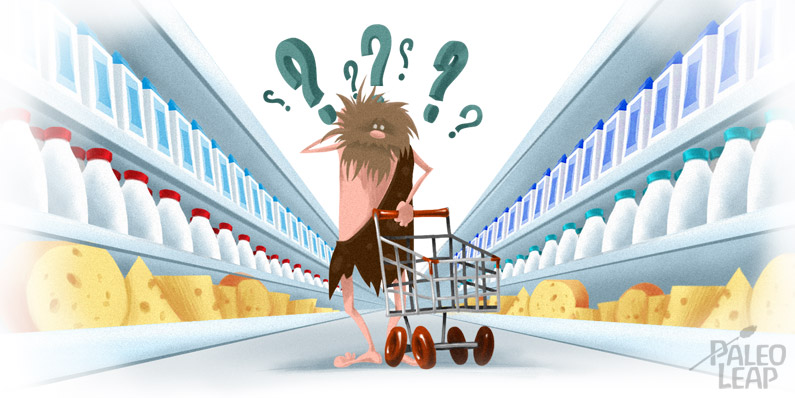This chapter provides an anthropological overview of everything milk-related and tackles the question of should humans be consuming dairy? Anti-dairy proponents argue that dairy leads to diabetes, heart disease, cancer and auto-immune diseases. Cow’s milk is meant to make baby cows fat quickly so what can we expect it to do to humans? Dr. Zuk takes these arguments and claims that our ability to digest milk is the poster child of rapid evolution.
Each animal’s milk has a different combination of protein, fat, and calories; cow’s milk is higher in protein, lower in fat, and equal in calories to human milk. However, the thing that ties all milk together is lactose. In order to digest lactose, an enzyme called lactase is required. The enzyme’s production is encoded within our DNA. Interestingly, most adults only possess 10% of an infant’s lactose digesting ability. It was assumed that lactose-intolerance was rare in humans, but new research has revealed that actually only 35% of the population have lactase persistence and they are located in specific regions: northern Europe, parts of Africa, and the Middle East.
After a commentary on human’s domestication of cattle, Dr. Zuk addresses the question of what came first: milk drinking or the persistence of lactase? Through newfound genetic testing and archaeology, it was found that a coevolution occurred. Some humans had mutations that allowed them to breakdown lactose. Tolerating milk led them to keep more cattle, which in turn favored the genes for lactase persistence.

